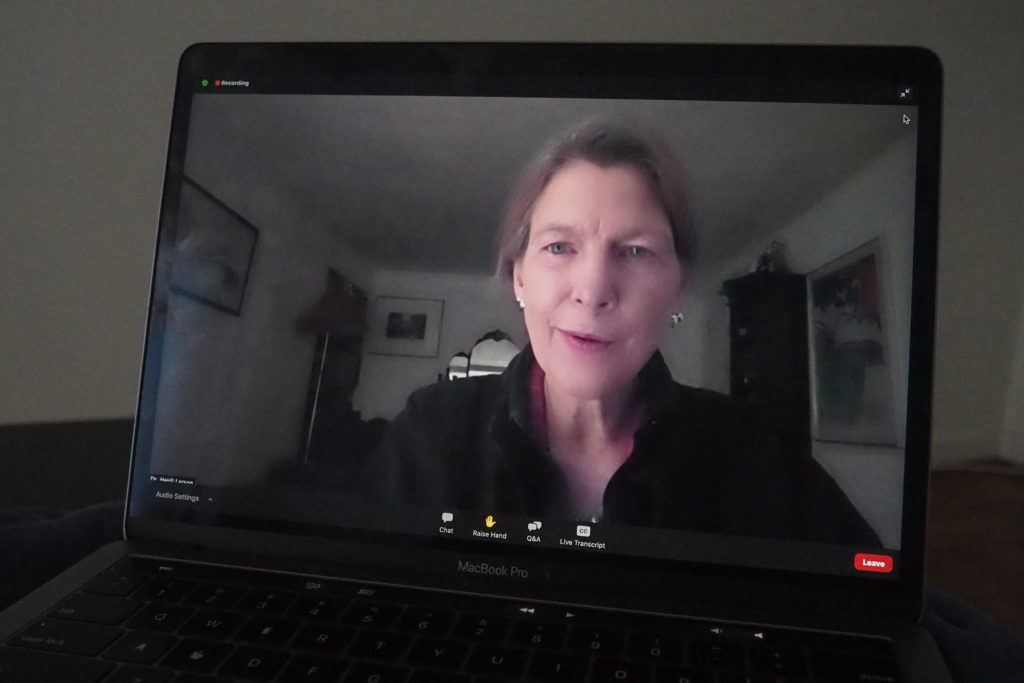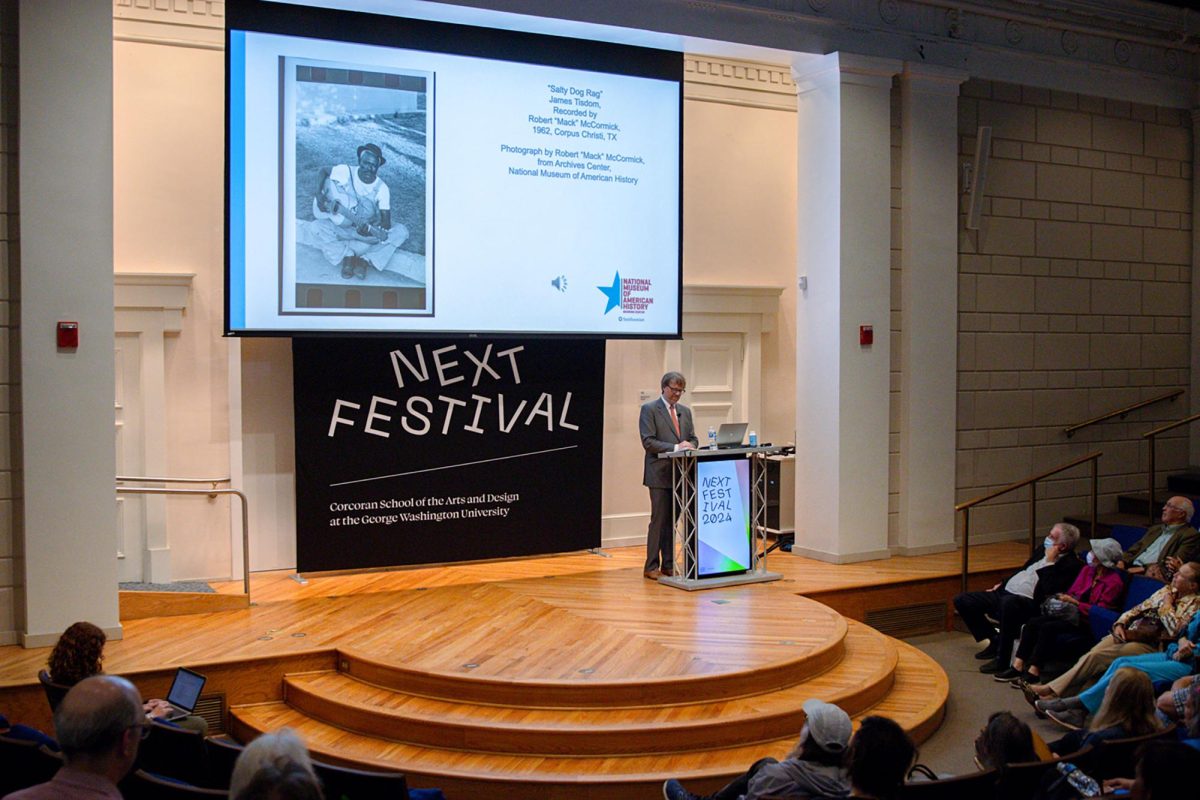A panel of communication scholars and public health experts discussed strategies to tackle anti-vaccine sentiment during the rollout of the COVID-19 vaccine Wednesday.
The Institute for Democracy, Data and Politics hosted the event, which broke down perceptions of vaccine hesitancy in the media and the impact of social media disinformation on strengthening these attitudes. David Broniatowski, the associate director of IDDP, moderated the panel for the institute’s first webinar in its Global Online Harms series.
Heidi Larson, a professor of anthropology, risk and decision science at the London School of Economics, said labeling individuals that display vaccine hesitancy as “anti-science” is not an accurate assessment of their sentiments. In her work as director for the Vaccine Confidence Project – an organization responsible for addressing concerns and providing information around vaccines – she has noticed that vaccine-hesitant individuals prefer to look into science-related issues but often “pick and choose bits” that may support their arguments.
“I think one of the biggest problems in terms of the information environment right now is that the information that’s being put out by health authorities isn’t always relevant to the concerns of communities, and those are highly varied,” Larson said.
She said misinformation around vaccines on social media platforms, especially throughout Africa, has existed due to an “erosion of trust” among communities, governments and public health authorities for inaction and a lack of communication during public health crises.
“We don’t have a misinformation problem as much as we have a relationship problem,” she said. “I do think it’s good to correct misinformation to the extent we can, but these are deep-seated emotions.”
AbdelHalim AbdAllah, a crisis communication officer for the World Health Organization’s Regional Office of Africa, said forming an alliance with fact-checking organizations and trusted media partners to “preempt and prebunk” pre-existing hesitations around vaccines can better understand and address the motivations of individuals that are vaccine-hesitant.
“It’s not just about debunking,” AbdAllah said. “Definitely debunking, having correct information in real time and corrections is important, but we don’t want to play a ‘whack-a-mole’ kind of game where we just run after the different misinformation of the claims.”
Stephen Thomas, the director of the Maryland Center for Health Equity, said mainstream messages aiming to mitigate vaccine hesitancy among Black Americans, often resorting to shaming and instilling fear about vaccines, have failed. He said communication messages should “demystify” and “simplify” the process to the community.
“I’m suggesting that we need to re-imagine our whole approach,” he said. “We need to not just go to the grasstops. We need to go to the grassroots. And in barbershops and beauty salons, it is where social norms are set and maintained. It is where conspiracy theories can grow and thrive or where they can be tamped down and replaced with evidence-based information.”
Thomas said framing the Tuskegee experiments, in which Black participants were lied to about a treatment they received, as the direct reasoning for vaccine hesitancy fails to reflect the general needs and systemic public health problems for Black American communities.
“The real framing is that because of Tuskegee, Black people should be a priority,” he said. “People who participated in the clinical trials in developing countries should be a priority. You can’t be the subject of research as human subjects and then be denied the benefit of the science that’s derived. That’s a violation of the ethical principle of justice. We’re not talking about that. We need to.”







